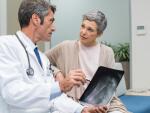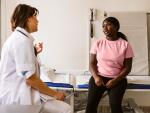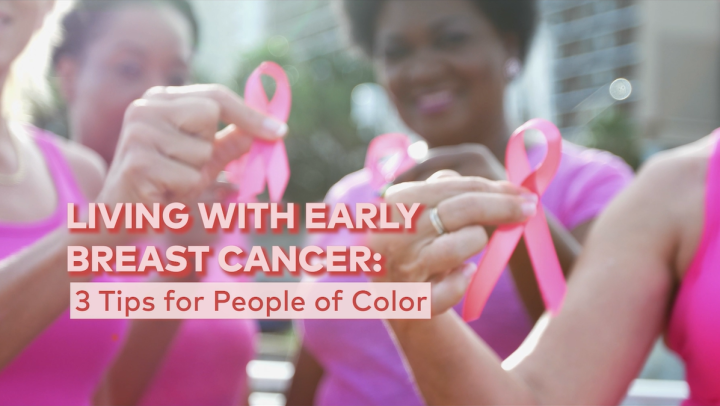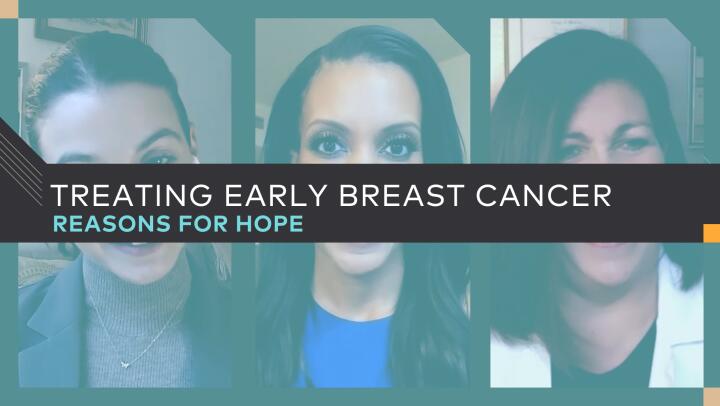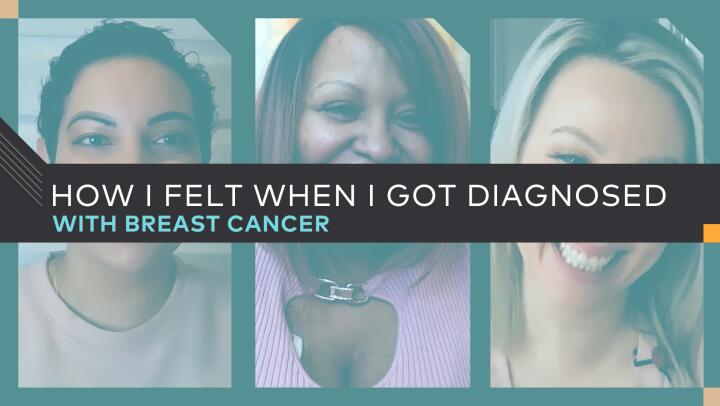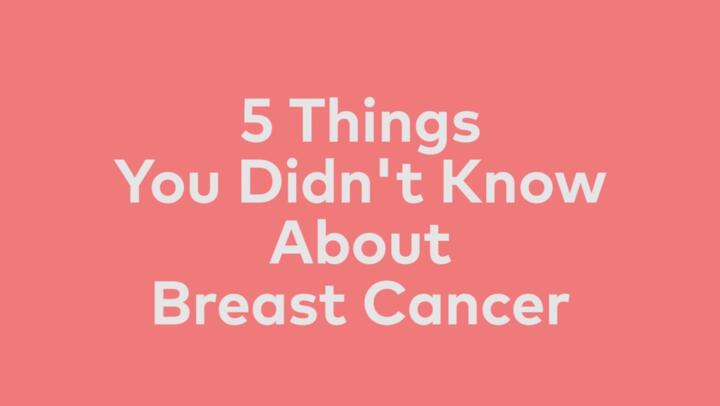Cancer that spreads outside the breast typically travels through these vessels to nearby lymph nodes under the arm. These are known as axillary lymph nodes. Sometimes, breast cancer can spread to lymph nodes around the collarbone or under the breastbone.
This article explains which stage of breast cancer involves the lymph nodes. It also covers how this spreading affects treatment, diagnosis, and outlook.
What stage of breast cancer includes the lymph nodes?

To create an effective treatment plan, your doctor will stage your breast cancer. Staging helps identify how severe the cancer is and how far it may have spread.
Breast cancer is typically given a stage between 0–4. In general, the lower the stage number, the less the cancer has spread. Cancer staging is based on many factors. These can include:
- the size of the tumor
- whether it has spread to surrounding lymph nodes
- how many lymph nodes are affected
Breast cancer cells can sometimes be found in surrounding lymph nodes in the early stages of cancer. Even in Stage 1, some cancer cells
How does breast cancer in the lymph nodes affect treatment?
Many cancer cells that spread to the lymph nodes either die or are killed before they can grow elsewhere in the body. However, if even a few remain, they can spread and grow in other parts of the body. To help eliminate the cancer, doctors may perform lymph node surgery.
Lymph node surgery
If your breast cancer has spread to the lymph nodes, your doctor may recommend surgery to remove them. This is called axillary lymph node dissection. In this procedure, dozens of lymph nodes may be removed from under the arm for analysis.
Radiation
Another option for treatment may be radiation. A 2019 study found that radiation of the axillary lymph nodes resulted in similar outcomes compared to lymph node dissection.
Read more about breast cancer treatment.
How do doctors diagnose lymph node status with breast cancer?
To determine if your breast cancer has spread to the lymph nodes, your doctor may take a biopsy. Breast cancer cells often initially spread from the primary breast tumor to the sentinel lymph node. This is the closest lymph node to the tumor in the lymphatic system.
To find the sentinel lymph node, doctors inject a dye or radioactive substance near the breast tumor. They then monitor where it travels through the lymph ducts. The first lymph node to receive the liquid is the sentinel lymph node. Once found, this lymph node is removed and analyzed for cancer cells.
If no cancer is found in the sentinel lymph node, then further surgery is generally not required.
What is the outlook for breast cancer that has spread to lymph nodes?
Your outlook may still be positive if your breast cancer has spread to the lymph nodes. According to the American Cancer Society, people with breast cancer that has spread to nearby lymph nodes have a 5-year relative survival rate of
A relative survival rate is the outlook for someone diagnosed with a condition after a certain length of time. This is compared to someone without the condition.
For example, a 5-year relative survival rate of 70% means that 70 out of 100 people diagnosed with a condition are still living at least 5 years from the time of diagnosis.
It’s most important to remember that figures are estimates, and everyone is different. Talk with your doctor about your specific condition.
Lower stages of cancer typically have higher survival rates. However, keep in mind that everyone is different. Your diagnosis and overall health can affect the way cancer progresses and the effectiveness of treatment.
Read about breast cancer survival rates.
Other frequently asked questions
Here are some other questions people frequently asked about breast cancer and lymph nodes. These answers were reviewed by Teresa Hagan Thomas, Ph.D.
Is breast cancer curable if in lymph nodes?
There is no guarantee that the cancer will not return. However, 5-year relative survival rates are high for those whose breast cancer has spread to surrounding lymph nodes. Talk with your doctor about your specific condition, treatment plan, and outlook.
Which lymph nodes are affected by breast cancer?
Most often, the axillary lymph nodes are the first affected by breast cancer. These are located under the arm. However, breast cancer can spread throughout the lymphatic system to other lymph nodes and other areas of the body.
How can you tell if breast cancer has spread to the lymph nodes?
Some lymph nodes can become enlarged or swollen if they are affected by cancer. However, the only way to know for sure if there is cancer in a lymph node is through a biopsy.
Summary
Breast cancer can spread to the lymph nodes. If this happens, it can affect the treatment plan your doctor recommends.
Generally, breast cancer that has spread to the lymph nodes is treated with lymph node surgery or in some cases, radiation.
The relative survival rates for breast cancer that has spread to nearby lymph nodes are high. However, everyone is different. Talk with your doctor about your specific circumstances.


